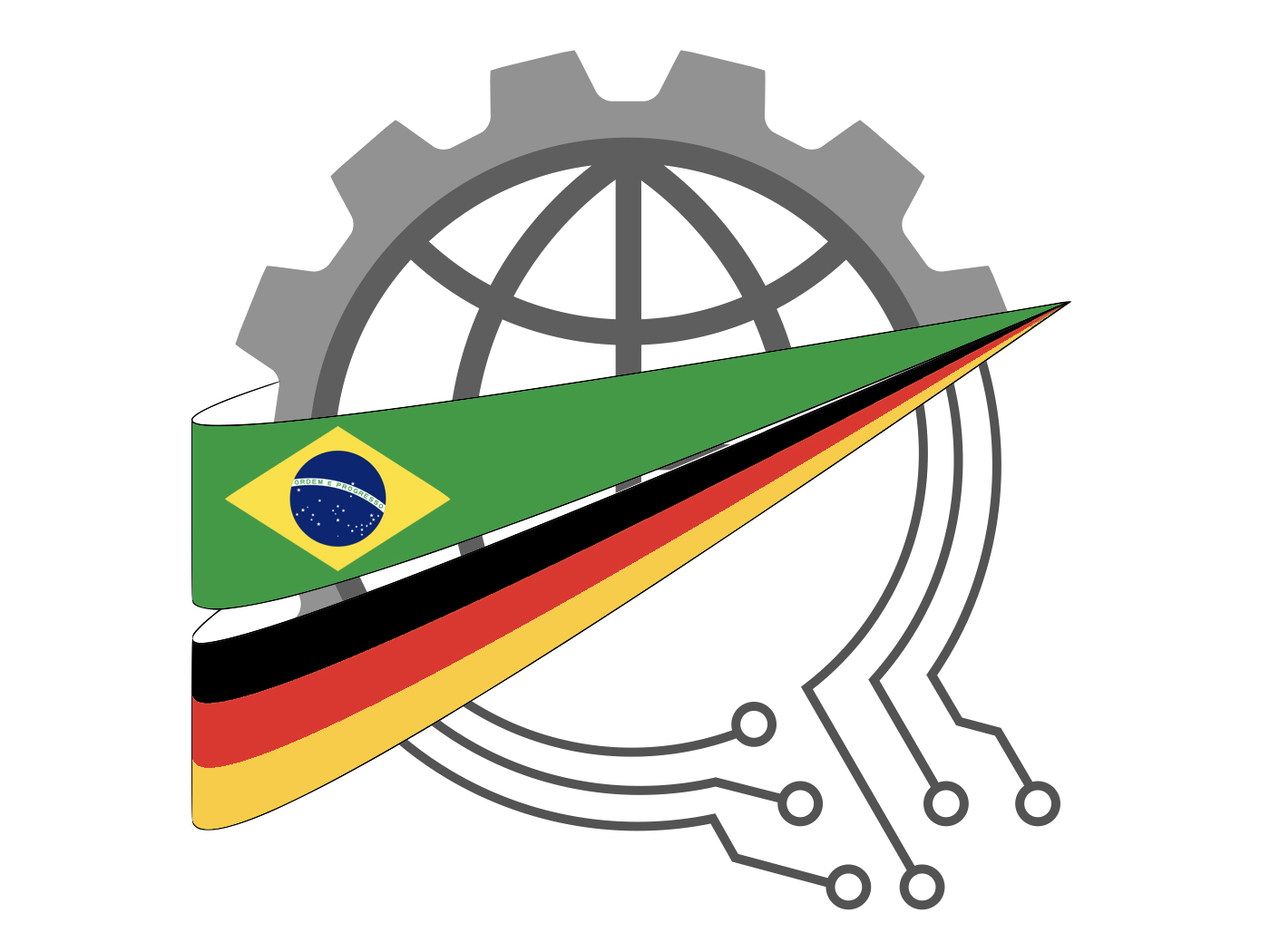DFG participates in the 2nd BRAGECRIM – CRI-SCMfg virtual meeting

Encontro Virual BRAGECRIM
© Foto divulgação: samart connected manufacturing
(04.10.21) The "2021 Joint BRAGECRIM – CRI-SCMfg Virtual Annual Meeting" will take place on 7 October from 9 am to 12 pm (BRT) / 2 pm to 5 pm (CEST). The traditional event will be held virtually for the second time. Its organised by the coordinating committee, represented by Professor Dr. Michael Freitag of Bremen Institute for Production and Logistics (BIBA), University of Bremen (Germany), and Professor Dr. Enzo M. Frazzon, Federal University of Santa Catarina (UFSC). The objective of the meeting is to bring together annually the participating scientists of the BRAGECRIM – CRI, to discuss the progress of their projects and perspectives for the future, not only of the programme, but also of possible new initiatives.
The event will bring together Brazilian and German researchers in the field of production engineering and advanced manufacturing, among which some have accompanied the network since the beginning, as well as project coordinators and representatives of the funding agencies Coordination for the Improvement of Higher Education Personnel (CAPES) and Deutsche Forschungsgemeinschaft (DFG, German Research Foundation). The 2021 edition will address topics such as energy efficiency in steel production chains, as well as the development of "Learnstruments'' to ensure a transition of Brazilian and German companies to digitalisation, and other relevant topics to the area.
The BRAGECRIM Programme (German-Brazilian Initiative for Collaborative Research in Manufacturing Technology) and its successor CRI-SCMfg (Collaborative Research Initiative on Smart Connected Manufacturing) are the result of a long-standing partnership between DFG and CAPES.
Since 2008, more than 50 collaboration projects have researched on advanced manufacturing and Industry 4.0 themes. The main objective of this international cooperation is to strengthen the industrial sector of both countries through joint research projects and an intense exchange of researchers at all levels.